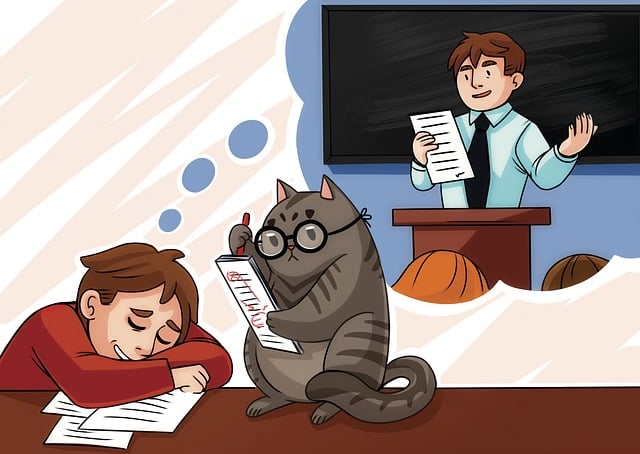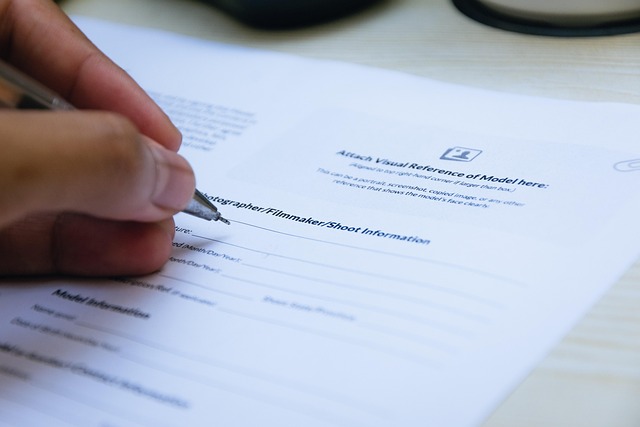Understanding lease terms explained like rent amount, duration, and responsibilities is crucial for students. Scrutinize maintenance, subletting, pet policies, and late fees to avoid disputes. Knowing rights and obligations ensures fair treatment and a positive living experience in student housing.
Navigating lease agreements for student housing can seem daunting, but understanding key lease terms is essential for making informed decisions. This guide breaks down complex concepts into simple, actionable steps. We’ll explore basic lease concepts, decipher crucial definitions, outline your rights and responsibilities as a tenant, and highlight common pitfalls to avoid during negotiation. By the end, you’ll be armed with knowledge to confidently navigate your student housing lease terms explained in an accessible manner.
- Understanding Basic Lease Concepts
- Deciphering Key Lease Terms and Definitions
- Your Rights and Responsibilities as a Tenant
- Common Pitfalls to Avoid During Lease Negotiation
Understanding Basic Lease Concepts

Understanding basic lease concepts is crucial for navigating student housing agreements. A lease is a legal contract between a landlord and tenant, outlining the terms and conditions for renting property. Key lease terms explained include rent amount and due date, duration of the lease (whether it’s monthly, semester, or yearlong), and deposit requirements. It’s important to scrutinize these aspects carefully before signing.
Additionally, leases often detail maintenance responsibilities—who is in charge of repairs and when they must be addressed. Other clauses may cover subletting restrictions, pet policies, and late fees. Familiarizing yourself with these lease terms ensures you know your rights and obligations as a tenant, helping to avoid unexpected surprises or disputes down the line.
Deciphering Key Lease Terms and Definitions

Understanding lease agreements is essential for students navigating their housing options. Deciphering key lease terms and definitions can help tenants avoid misunderstandings and potential pitfalls. Common terms like “rent,” “lease period,” and “security deposit” are fundamental to grasp, as they directly impact financial obligations and living arrangements.
Additionally, paying close attention to clauses related to maintenance responsibilities, occupancy limits, and termination policies is crucial. Knowing the ins and outs of these lease terms enables students to make informed decisions, ensuring a positive and secure living experience while respecting their rights and obligations.
Your Rights and Responsibilities as a Tenant

As a tenant in student housing, understanding your rights and responsibilities is crucial for navigating lease agreements effectively. Familiarize yourself with the lease terms explained in detail. This includes knowing the duration of your stay, rent payment schedules, and any restrictions on subletting or modifying the property. By clearly comprehending these aspects, you can ensure fair treatment and avoid potential pitfalls.
Your responsibilities encompass maintaining the property, adhering to safety regulations, and keeping the premises clean. Communicate openly with the landlord or property manager regarding any issues or concerns. Additionally, be mindful of your rights, such as the right to a safe living environment and privacy. Knowing your lease terms empowers you to make informed decisions and foster a positive relationship with your housing provider.
Common Pitfalls to Avoid During Lease Negotiation

When negotiating your student housing lease, there are several common pitfalls to steer clear of. One major trap is failing to thoroughly understand and review all lease terms. Landlords often use complex language, so it’s crucial to ask for clarifications on any ambiguous points. Ignore the fine print at your peril; it may contain hidden costs or rules that could impact your living experience.
Another pitfall is not questioning provisions regarding maintenance, repairs, and security deposits. Ensure these obligations are clearly defined, with a detailed understanding of who is responsible for what. Be wary of excessively high security deposit amounts and insist on specific conditions for its return at the end of your lease term.






